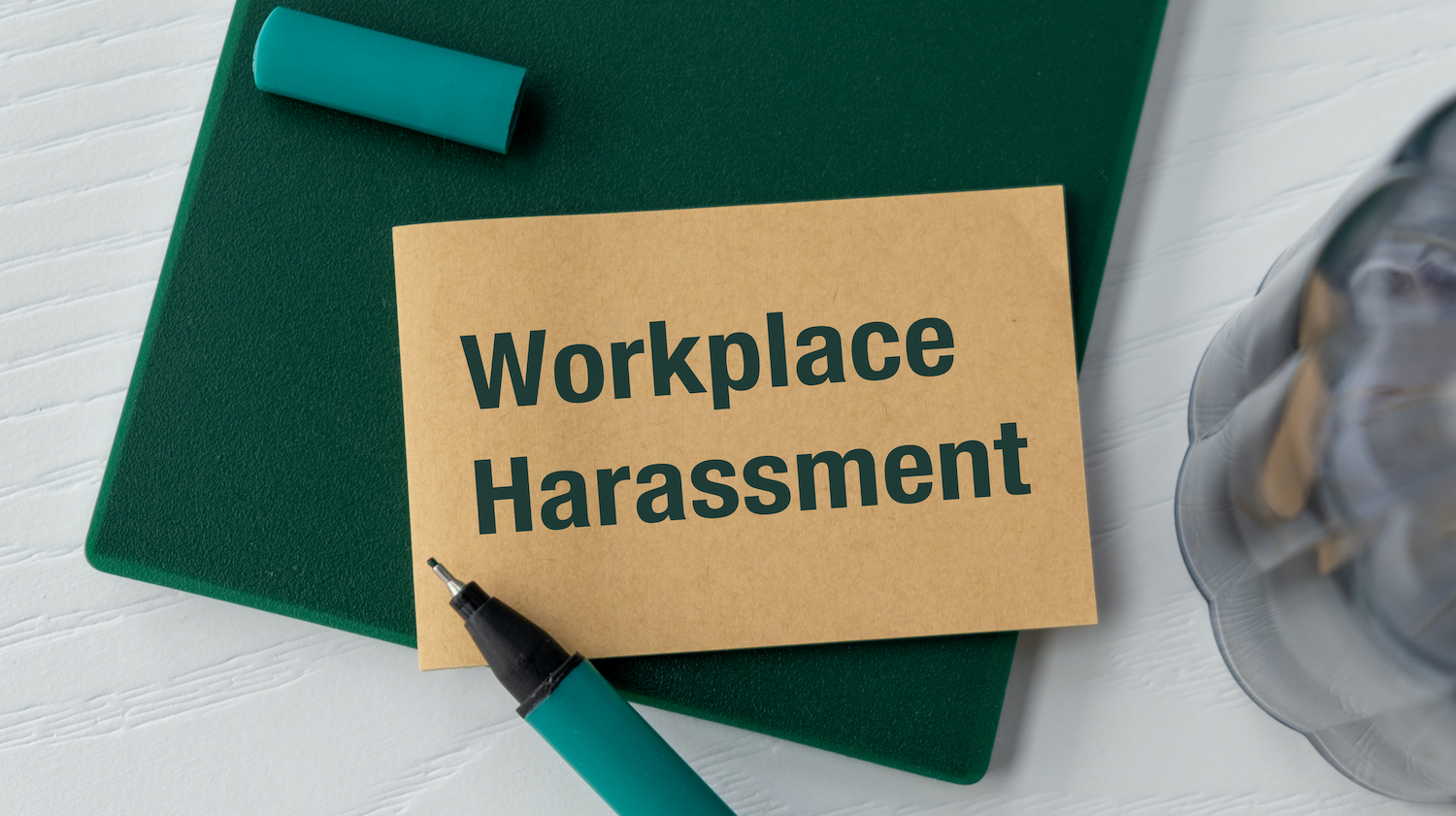
Managing stress in the workplace
Imogen Reseigh explores ways to help the construction workforce manage stress and improve mental wellbeing
April is Stress Awareness Month, which provides an opportunity to shine a spotlight on work-related stress.
Some pressure at work, from time to time, can help productivity and motivation. But when stress is severe and/or prolonged, it can lead to burnout and mental health conditions such as anxiety and depression, as well as resulting in physical symptoms.
Stress and mental ill health are significant issues in the construction industry. So, what can be done to counteract this?
Below are some practical steps that employers in the sector can implement to support the mental wellbeing of their staff.
Culture and communication
Effective communication is key, and it’s important that employers are proactive about this. How individuals are treated day-to-day is central to their wellbeing, motivation and engagement. A perception of a lack of support and judgement often dissuades employees from speaking up about their mental health at work.
It is important to create an environment where staff feel secure enough to be themselves at work, and to share their feelings with others and offload feelings of stress.
It’s also crucial that this is led from the top down and modelled by business leaders, as well as front-line managers.
Employers should consider training and introducing mental health first-aiders to provide an additional means of support and to signpost to internal and external resources. Wellbeing should be incorporated into informal and formal catch-ups and one-to-one meetings.
Something else to consider is instituting wellness action plans (WAPs), which facilitate a structured discussion about wellbeing. Mental health charity Mind has issued guidance on WAPs, including advice for managers.
WAPs can be useful for everyone, not just for those experiencing mental health problems. They can help identify how to boost wellbeing and prevent stress becoming a problem in the first place.
Implementing a wellbeing strategy
Putting a wellbeing strategy in place is a great way to demonstrate that an organisation is a responsible employer. It is also a good tool for attracting and retaining talent. In addition, it is becoming a business priority as part of environmental, social and governance (ESG) strategies.
Crucially, if devised carefully and implemented, a wellbeing strategy can reduce stress in the workplace and empower staff to proactively manage their mental and physical wellbeing.
An effective wellbeing strategy will focus on physical, psychological and financial wellbeing. With the cost-of-living crisis, financial wellbeing has never been so important and employers should not underestimate how much worry about finances can contribute to stress levels.
Consideration can be given to salary increases, although this might not always be feasible. Other financial benefits might include providing subsidised meals at work, facilitating car share arrangements or facilitating transport loans.
Salary sacrifice schemes could be utilised to offer childcare vouchers, cycle to work schemes and additional pension contributions.
Many employee assistance programmes can also provide financial wellbeing support for those who are experiencing stress as a result of financial pressures.
Employers should ensure their benefits offering is clearly communicated to staff so they understand what is available to them. It’s also important to be open to feedback from staff so that your approach to wellbeing can be flexible and evolve as required.
What can individuals do?
A wellbeing strategy has to be embraced to be effective. It’s important that individuals also take responsibility for looking after their own health and wellbeing at work. ACAS and the Mental Health Foundation have published some guidance aimed at individuals, which includes tips for looking after your mental health.
Individuals will benefit from workplace wellbeing initiatives if they explore what is on offer and participate where possible. It is important to ensure a good balance between work and personal life, and to make time for enjoyable activities outside of work.
If you are struggling or need extra support, talk to someone, whether that is your manager, HR or another trusted colleague, and seek medical attention where required.
Imogen Reseigh is managing associate in the employment and pensions team at Trowers & Hamlins.







